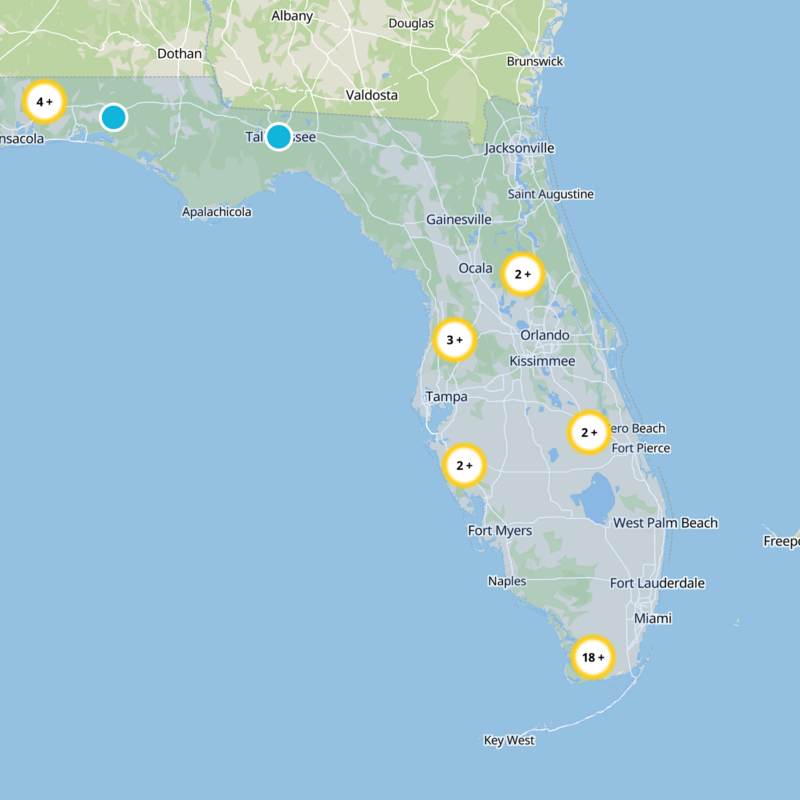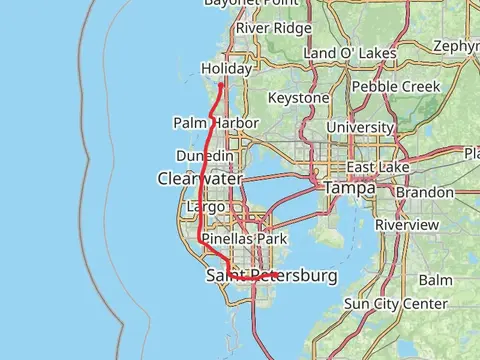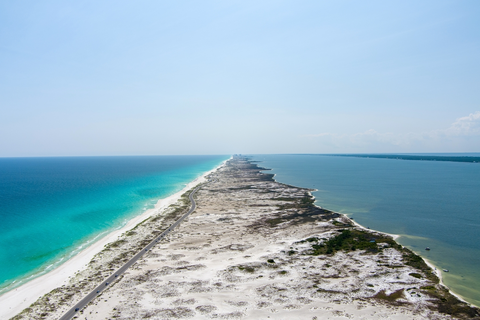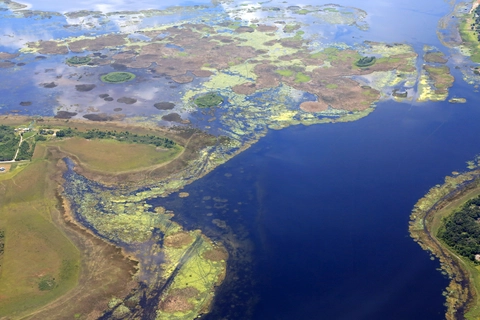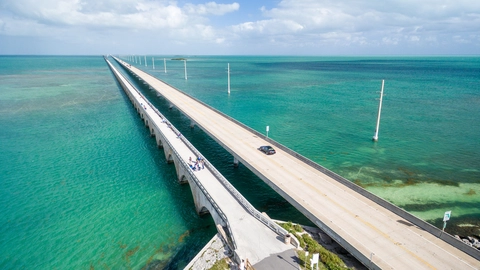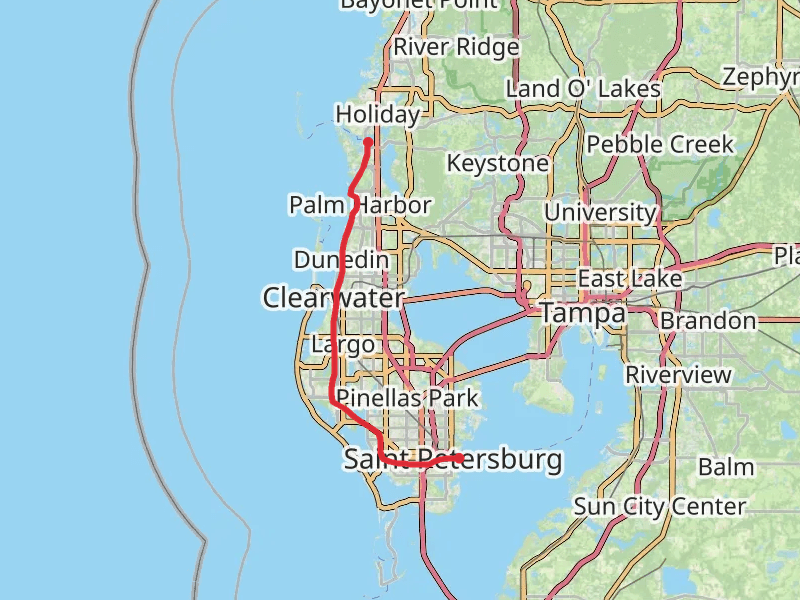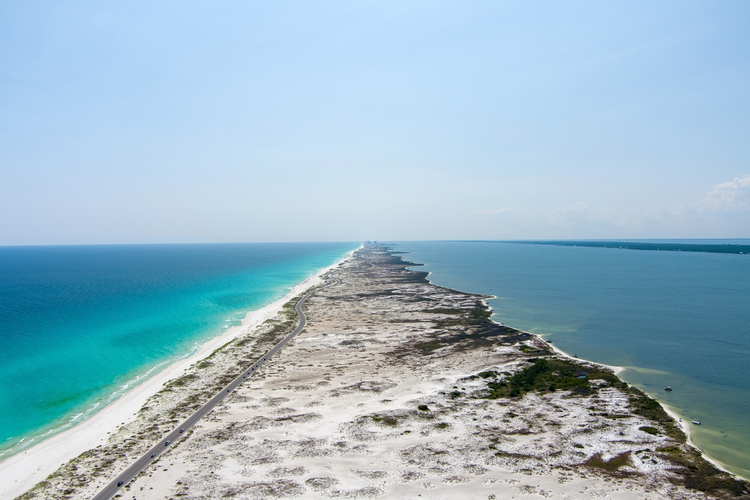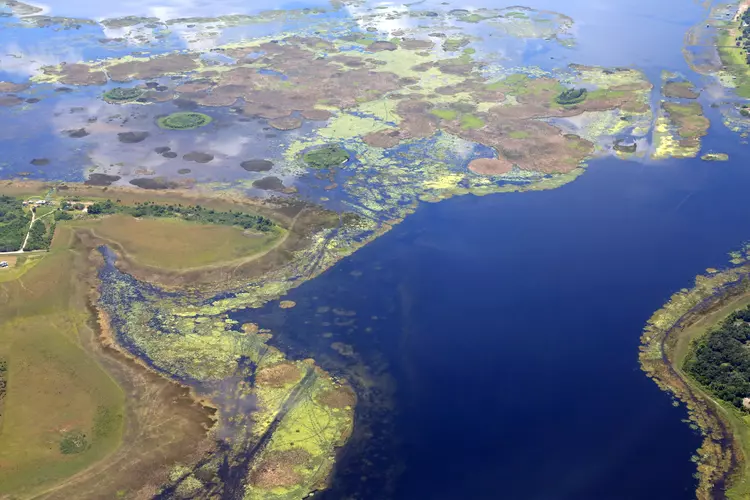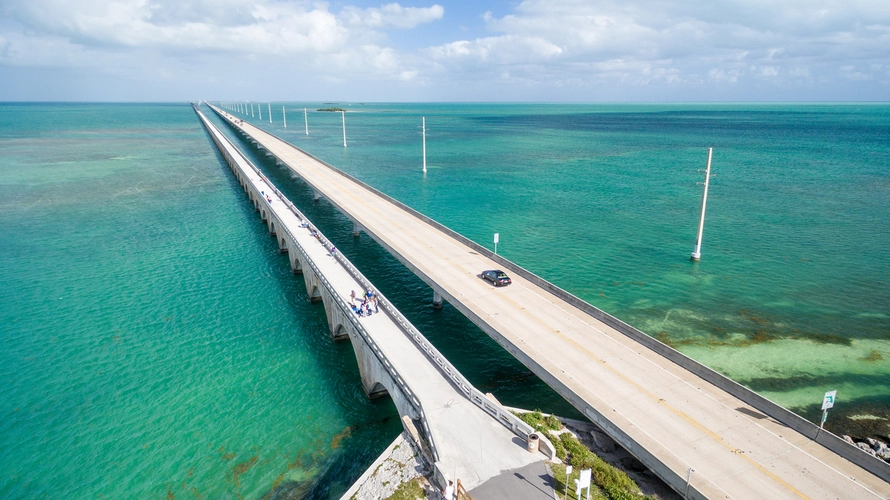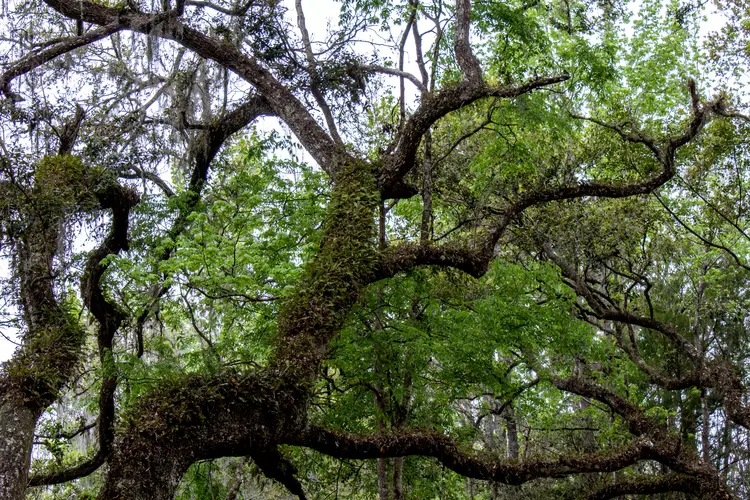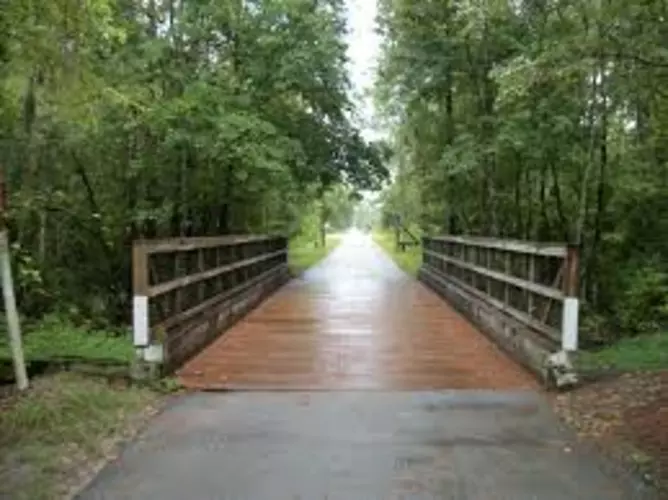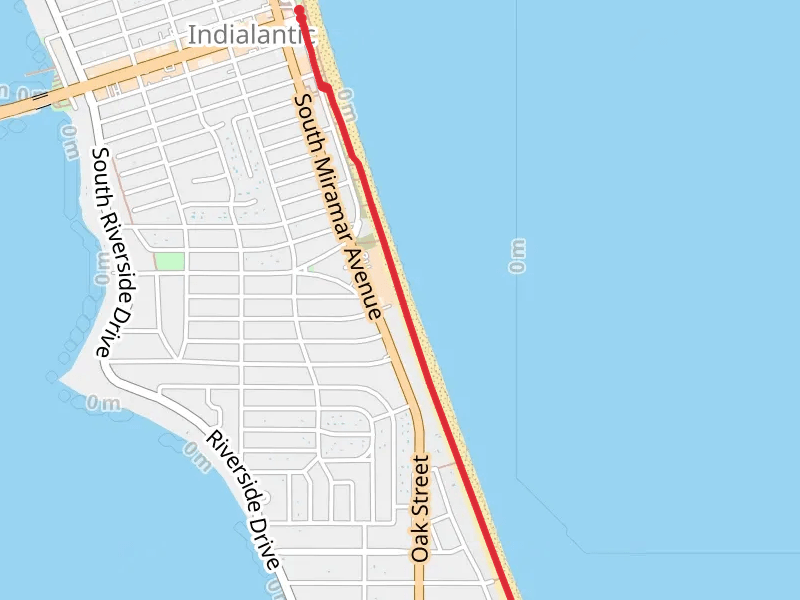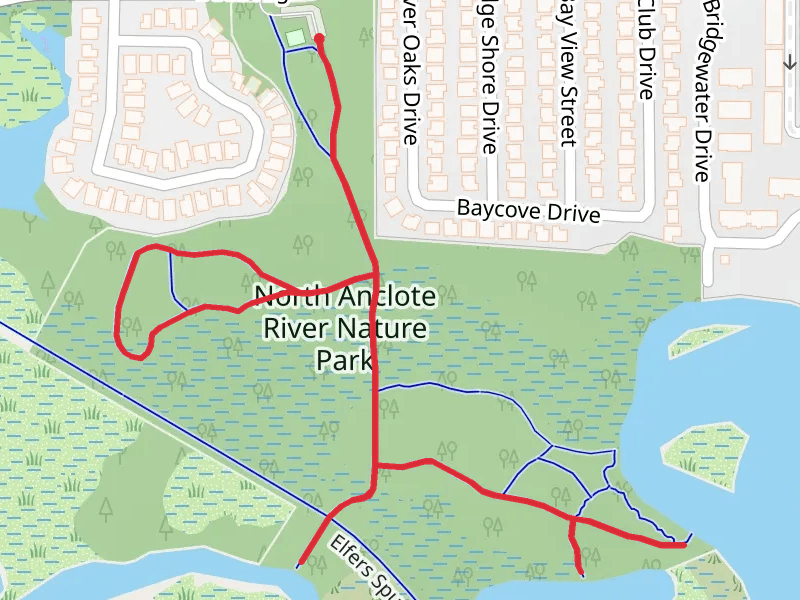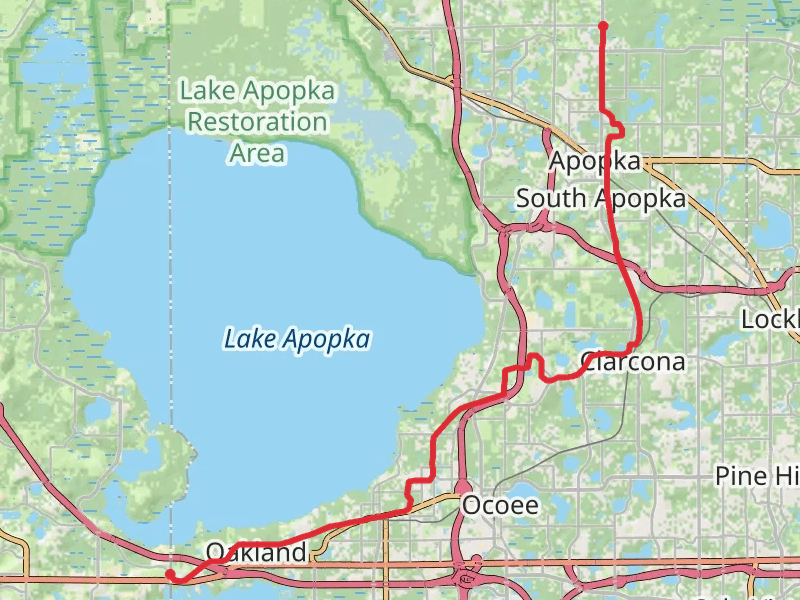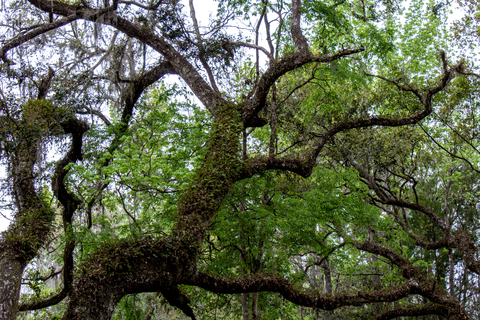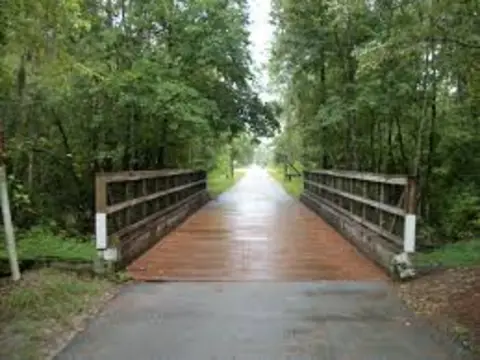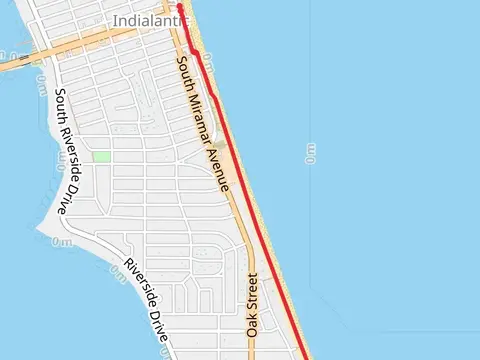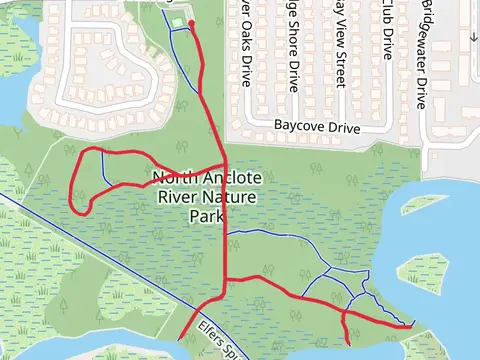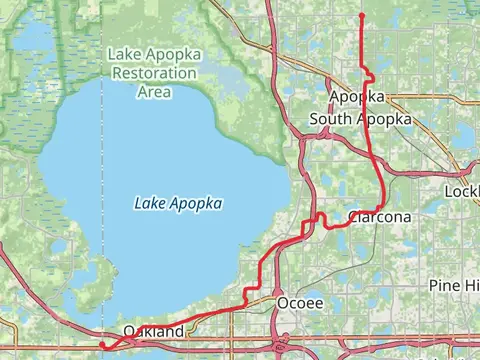"Florida's trails reveal lush ecosystems, stunning views, and hidden gems for adventurous hikers year-round."
Florida's hiking trails offer a unique blend of natural beauty and diverse ecosystems, perfect for adventurers seeking something different. Explore the lush landscapes of the Everglades, where you can spot alligators and rare birds, or wander through the enchanting canopies of Ocala National Forest. The coastal trails provide stunning ocean views and the chance to discover hidden beaches. With its year-round sunshine and varied terrain, Florida invites hikers to uncover its vibrant, wild heart.
Most popular hikes
FAQs about hiking in Florida

In the spring (Mar-May) and fall (Sep-Nov), temperatures are moderate, but these seasons see increased rainfall. This might require waterproof gear for hikers, but also presents opportunities to enjoy Florida's lush vegetation and wildlife in full bloom.
The best time to hike in Florida is generally the winter, due to the comfortable climate and lower chances of rain. However, any season can provide a unique and enjoyable hiking experience if hikers are prepared for the weather conditions. For more information, consider resources like the [Florida State Parks website](https://www.floridastateparks.org).





More hikes in Florida
by difficulty
by type
